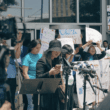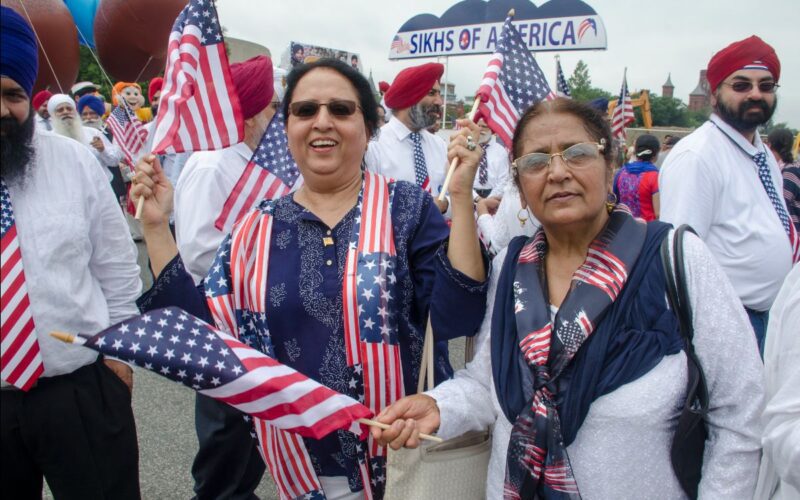Sign up here to receive The Yappie's weekly briefing on Asian American + Pacific Islander politics and support our work by making a donation.
Sponsored by U.S. Rep. Mary Gay Scanlon (D-Pennsylvania) and supported by the American Sikh Congress Committee, H.Res.1007 designates April 14 as National Sikh Day to celebrate the largest Sikh holiday—Vaisakh—and recognize the importance of the Sikh community’s contributions to the United States.
National Sikh Day was first introduced in March 2022 to celebrate Sikhs and one of their central principles of “public service” as an important enrichment to the “social fabric of the Nation,” the text of the resolution notes.
- Sikhism is the fifth largest religion in the world, and roughly 500,000 Sikhs live in the U.S. today, according to the advocacy group Sikh Coalition.
Vaisakhi, also known as Baisakhi, is typically observed on April 13 or April 14 and has its origins in the celebration of the spring harvest in Punjab of Northern India. In April 1699, the holiday developed religious significance when Sikhism became more formally organized with the birth of the Khalsa, which is the name of the collective body of baptized Sikhs.
Don’t forget: Sikh Americans have experienced a long history of discrimination since they first arrived in the U.S., and this resolution serves to recognize and celebrate their community.
- In the 1907 Bellingham riots in Washington, around 500 white working men worked together to drive the entire South Asian population, which included Sikhs, out of town.
And in the aftermath of the 9/11 terror attacks, the U.S. recorded a sharp increase in violence and hate crimes targeting Sikhs—from physical attacks and verbal assaults to murders and mass shootings. Since 9/11, Sikh Americans have been racialized as foreigners and potential terrorists due to racist and discriminatory stereotypes about religious markers such as facial hair and turbans.
- These beliefs have fueled a sustained rise in prejudice against Sikhs—2021 saw the highest number of anti-Sikh hate crimes recorded since the FBI began tracking them in 2015.
In their words: “For two decades, our community and so many other underrepresented American communities have had to persevere in the face of hate and discrimination,” Inderpreet Kaur, Sikh Coalition’s community development manager, told PBS Newshour in 2021. “We honor those we’ve lost, but also celebrate that solidarity, as well as the resultant education and advocacy efforts to combat and prevent future hate crimes in America.”
Worth noting: The resolution for National Sikh Day was reintroduced on April 4 in the House of Representatives—a week after the Georgia Assembly passed a resolution condemning Hinduphobia and two months after Seattle enacted an ordinance banning caste discrimination.
This story appeared as "The Big Story" in The Yappie's April 18, 2023 newsletter.
The Yappie is your must-read briefing on AAPI power, politics, and influence, fiscally sponsored by the Asian American Journalists Association. Make a donation, subscribe, and follow us on Twitter (@theyappie). Send tips and feedback to [email protected].









